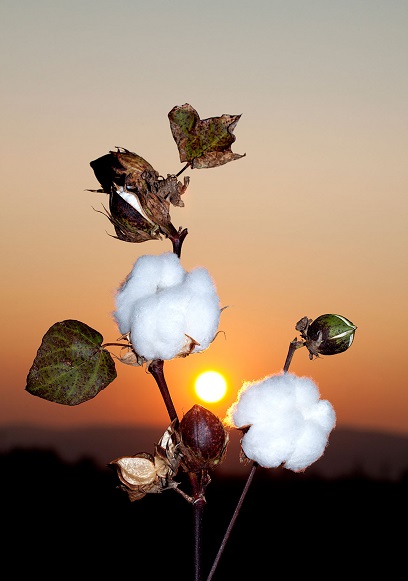FAQs about Organic Cotton Long Johns/Leggings
(2023年)https://www.peonybuyoh.com/products/organic-cotton-longjohns-leggings/
Are organic cotton organic cotton long johns/ leggings comfortable and environmentally friendly?
Our organic cotton long johns/ leggings are made of 95% organic cotton 5% spandex, the organic cotton is comfortable and free of harmful substances. Organic cotton long johns/ leggings are not only stretchy, perfect fit, environmentally friendly, but also breathable and durable.
How can I take care of organic cotton long johns/ leggings for wash?
Normal wash is fine: 40℃ wash, no bleach and no dry wash, low temperature iron on reverse if it has prints on it. No need special care for wash.
What occasion I can wear organic cotton long johns/ leggings?
You can wear it whatever you stay relax at home or wear it inside of outer pants in cold winter. The organic cotton long johns/ leggings always give you comfortable experience.
Why Organic Cotton is a Sustainable fiber for fabric?
What does growing organic cotton mean for the environment? Organic cotton uses very little water.
Organic cotton uses 91 percent less "blue" water (from underground and surface bodies of water, such as freshwater lakes and rivers) than conventional cotton, according to the report.
"Most organic cotton is grown on small farms that are rain-fed rather than irrigated and don't use much water because they don't use synthetic pesticides and fertilizers. Organic cotton does not involve genetically modified crops, which typically require more water, and pesticide-free soil makes it more water-efficient to grow. In fact, 95% of the water used to grow organic cotton is green water (rainwater and water stored in the soil).
Organic cotton causes less water pollution
Growing organic cotton over conventional cotton can also reduce water pollution levels by 98 percent because it does not use synthetic chemicals such as pesticides and fertilizers, according to a 2011 report by Water Footprint.
Growing organic cotton reduces greenhouse gas emissions
According to data from the Textile Exchange, organic cotton can reduce greenhouse gas emissions by 46% compared to conventional cotton simply by not using fertilizers and pesticides that release nitrogen dioxide and by using fewer mechanized farming methods. In addition, because it is free of fertilizers and pesticides, the soil can also act as a "carbon sink", absorbing carbon dioxide from the atmosphere.
As one of sustainable manufacturers, we will do our best to meet all the needs of customers.
- このできごとのURL:



コメント